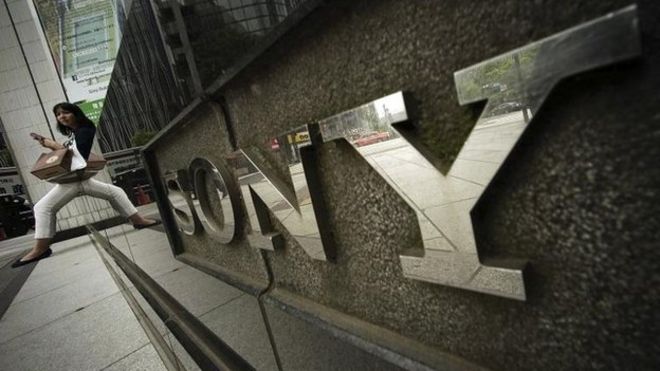Sony said it would issue new shares for the first time since 1989, part of a $3.6bn capital-raising plan that highlighted the potential of its fast-growing sensor business, but left some investors nervous.Sony’s stock closed 8.25% lower on the day at ¥3,461.
Analysts cited the dilution of existing shares but said the decline could be short-lived given the consensus that Sony has turned a corner after years of losses. The Japanese entertainment and electronics giant said it would raise ¥322bn ($2.63bn) by offering new shares and ¥120bn by selling convertible bonds.
Sony said much of the proceeds will be spent to raise production capacity for image sensors used in smartphones, including Apple’s iPhone and Samsung Electronic’s Galaxy.
The company said in April that it had mostly completed a broad restructuring, and cited strong sales of digital sensors in projecting that its operating profit would more than quadruple to ¥320bn during the financial year ending March 2016.
Sony is a front-runner in the image-sensor business, boasting a technological edge that is at least a few years ahead of its competitors, including Samsung and OmniVision Technologies.
But it suffers from capacity constraints in trying to meet soaring demand, especially from China, where shipments of affordable handsets are expected to grow further. Sony chief financial officer Kenichiro Yoshida said in April that the company would invest ¥210bn in image sensors during the current financial year and ¥80bn on camera modules, a cash-cow camera component that houses the sensor.
Tatsunori Kawai, chief strategist at kabu.com Securities, said shareholding dilution was on the minds of market participants on Tuesday.
“The dilution threat is enough to cause short-selling today, but assuming the company uses the funds raised for pro-active purposes — and successfully — it could lead to share gains later,” Mr Kawai said.
A company’s share price often falls when it announces it will issue new stock or convertible bonds, which can be converted to shares, because doing so dilutes the value of existing shares. Sony’s price was down more than 2% when news of the fundraising broke. Yasuaki Kogure, chief investment officer at SBI Asset Management, said Sony showed little concern for shareholders.
“Raising cash to beef up the growing units is understandable, but it should do it via a bond offering or bank lending because Sony’s return on equity as a whole is still very low,” he said.
“This reminds me of old-and-bad Japan — when companies issued new stock simply because prices were high, without considering damage to existing shareholders.”
Sony said the latest fundraising round is aimed at strengthening the company’s financial base so that it would be able to act promptly on necessary investments. It said the bond offering will help it shore up its long-term cash at a low cost.
CE Kazuo Hirai said in April that, with the restructuring largely complete, Sony would embark on an aggressive investment campaign to generate growth. Sony has set a target of ¥500bn in operating profit by 2017, with a return-on-equity ratio of more than 10%.
The company is ramping up investment in its best earners — devices, videogames, movies and music.
Mr Hirai has said it won’t rule out exiting the television and smartphone businesses, as it did the personal computers last year.
FRENCH VERSION


